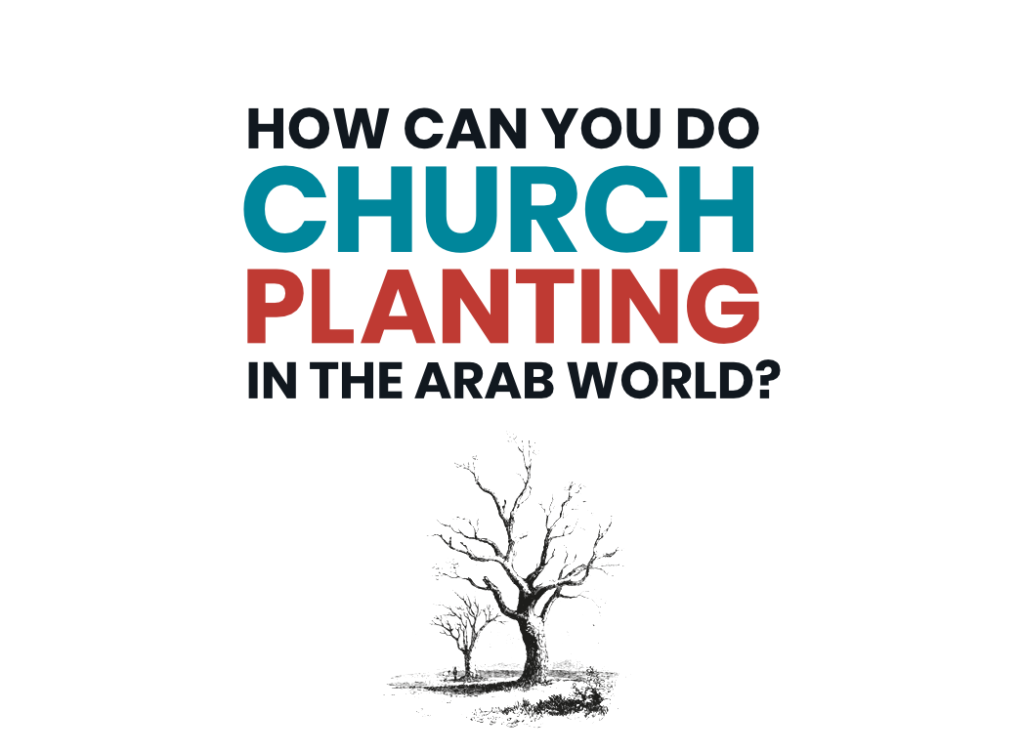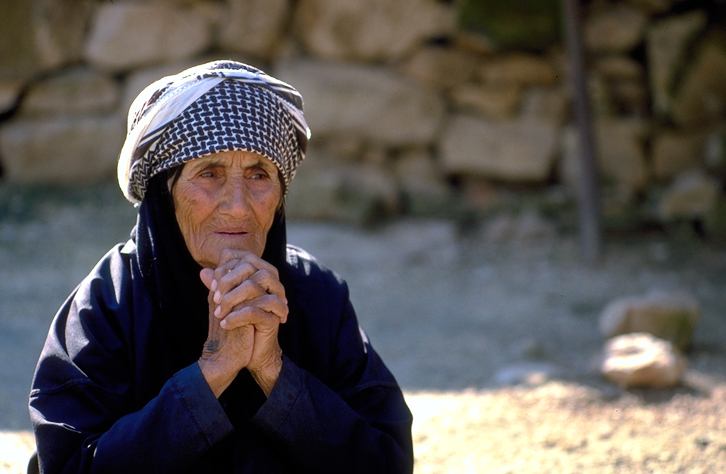The world of cross-cultural mission contains plenty of jargon, concepts and ideas that many people are unfamiliar with. In this series, we’re hoping to demystify some of these concepts and go back to basics.
In most of the Arab world, there’s no such thing as a missionary visa, you could get arrested for openly evangelising and people are heavily entrenched in Islam. So, just how can you do church planting?
What does a church look like?
It may be shocking to some, but every church has aspects of the way they meet and worship that are cultural, not biblical. These are not core to them being communities that follow Jesus, but often we take them for granted and consider them normal, or even essential. To minister across cultures, we need to be open to changing our perspective to acknowledge that churches don’t have to look like our weekly experience of them. The early Church certainly didn’t have pews, organs, hymnbooks, electric guitars, smoke machines or a finely tuned taste in PowerPoint slides – and yet they were still part of the body of Christ.
In many places in the Arab world a church is likely to be a small community of believers, meeting in houses and studying Scripture together. This means that church planting may look quite different to how it typically does in the UK. Here are some general principles that our workers often use:
- Use the opportunities that God has given you. Your profession, skills and interests could be an amazing way of gaining access to a country and building relationships with local people.
- Pray for connections with “people of peace”: those people who are open to the gospel and have influence in their communities. They can be the key to bringing whole families or groups to Christ.
- Start reading the Bible with those who are interested and disciple them. This may be a good time to encourage them to gather others to discover the truth together.
- Encourage new believers to read the Bible, learn how to pray and grow for themselves. The aim is that new churches form that are sustainable, indigenous and with an inbuilt drive to replicate.







